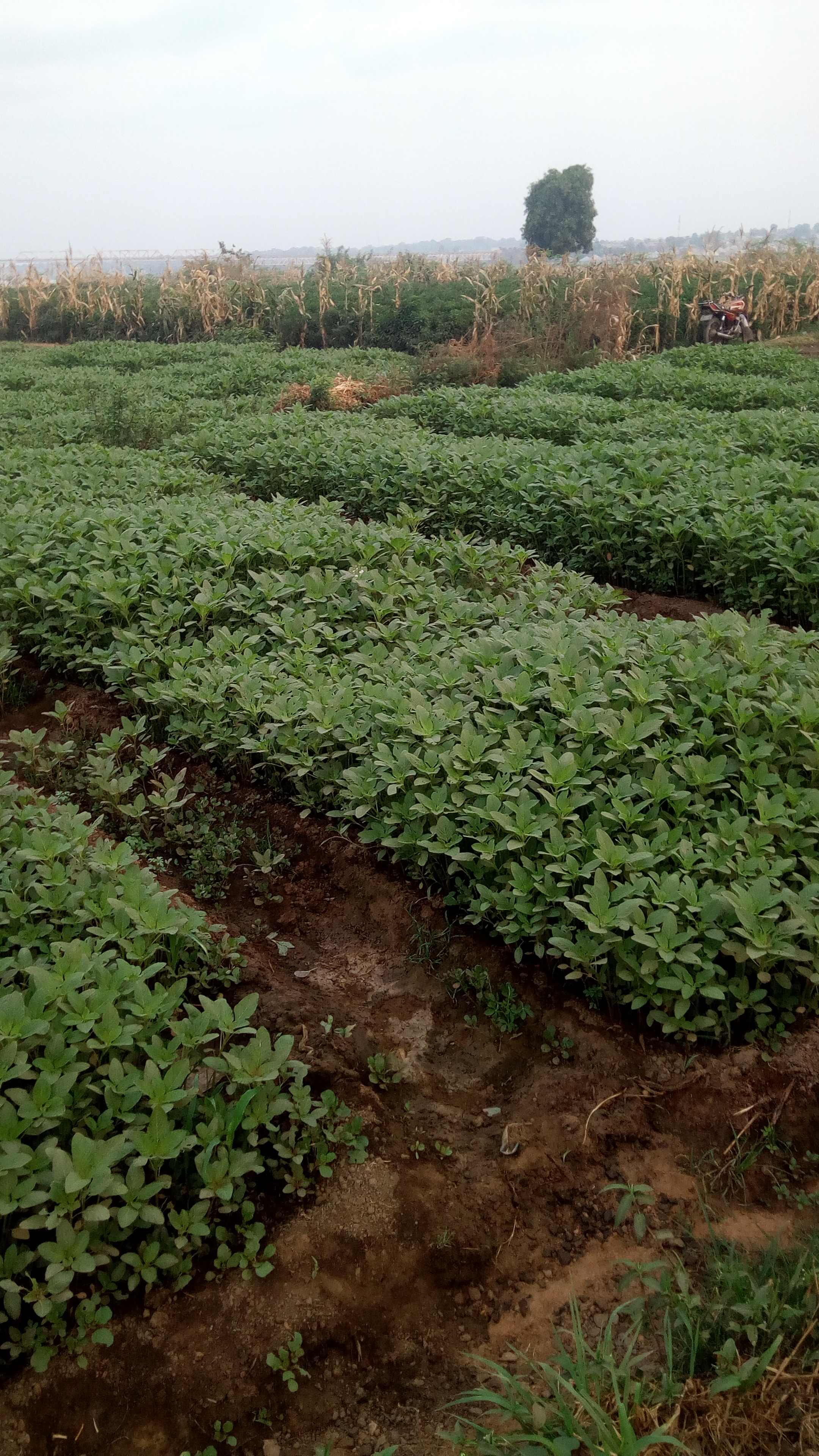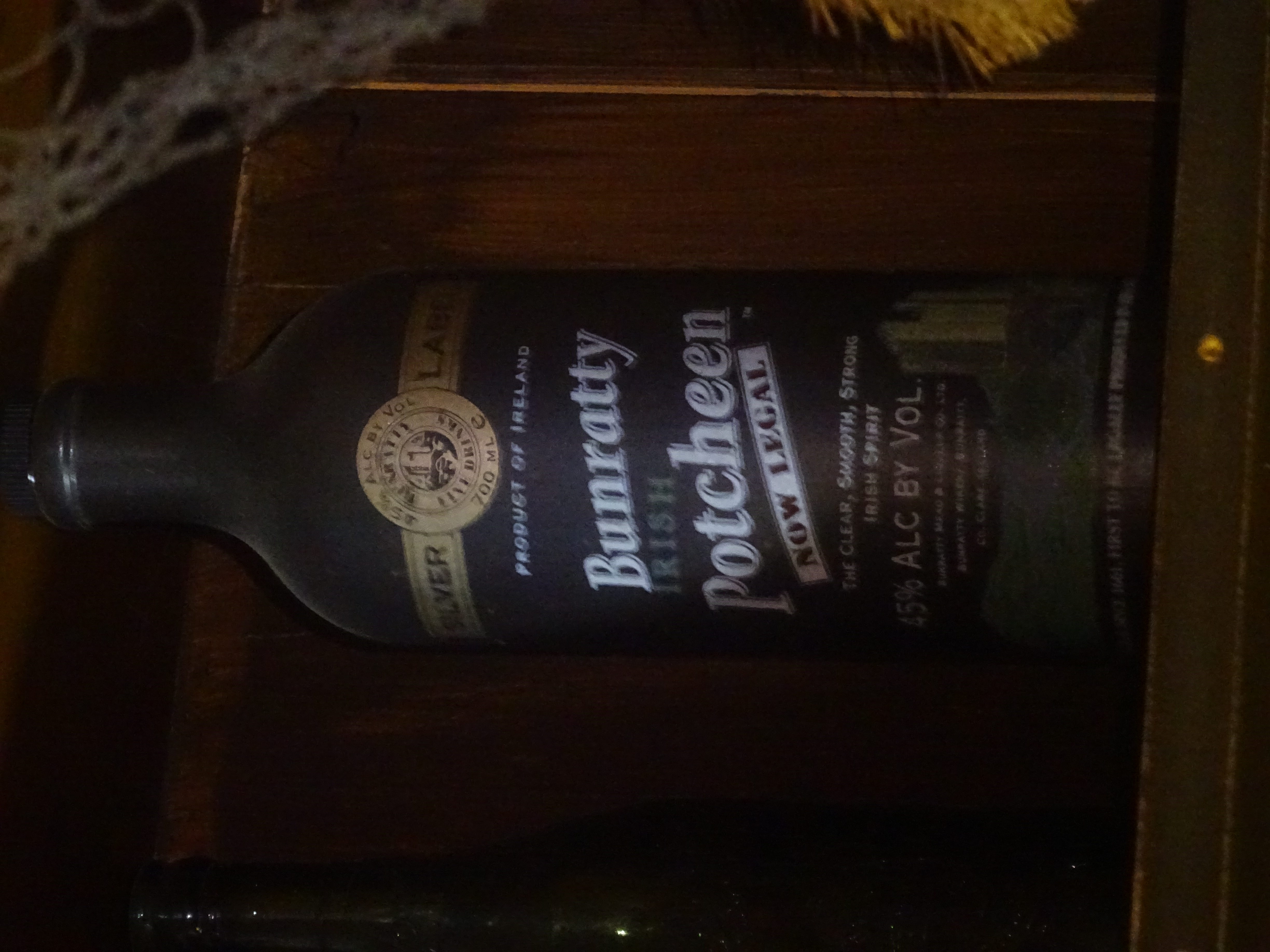|
Inishmurray
Inishmurray ( or ''Inis Muireadheach'' meaning 'Muireadheach's island') is an uninhabited island situated off the coast of County Sligo, Ireland. Geography The island, which is approximately long and wide, is in area. It is from the coast of County Sligo within Donegal Bay. Etymology Inishmurray may be named after the early saint, Muiredach mac Echdach (Floruit, fl. early 6th century) of Killala. History There are remains of an early Irish monastery, monastic settlement. Laisrén (Saint Molaise) Mac Decláin reputedly founded a monastery here in the 6th century. He was confessor of Saint Columba (Colmcille) after the Battle of Cúl Dreimhne on the mainland nearby. His feast day is 12 August. The island's ecclesiastical settlement was attacked in 795 and again in 807 by the Vikings, and eventually the monks abandoned the island and it remained uninhabited until the first secular settlement, probably in the 12th century. Monastery complex The monastery's enclosure ... [...More Info...] [...Related Items...] OR: [Wikipedia] [Google] [Baidu] |
Kings Of Tory
The king of Tory (Irish language, Irish: ) is a customary title used by inhabitants of the island of Tory Island, Tory off the coast of County Donegal, Ireland. The title is vacant, and last claimed by Dublin-born Patsy Dan Rodgers (Irish: ), who died of cancer in Dublin in October 2018. History The history of the kings dates to at least the 6th century, and possibly significantly earlier. It has been suggested that some of the pre-historical kings included Conand (mythology), Conand and Balor. During the 19th century, the Heggerty/Heraghty/Herrity family supplied the kings; however, the role of king is no longer hereditary. The role usually entails being a representative for the island to outsiders. In 1995, it was reported that the then king personally greeted every incoming ferry from the mainland. According to Tourism Ireland in 2012, Tory Island was the "only place in Ireland to have a [customary] King". Patsy Dan Rodgers became King of Tory in 1993, and held the title an ... [...More Info...] [...Related Items...] OR: [Wikipedia] [Google] [Baidu] |
Killala
Killala () is a village in County Mayo in Ireland, north of Ballina. The railway line from Dublin to Ballina once extended to Killala. To the west of Killala is the townland of Townsplots West (known locally as Enagh Beg), which contains a number of ancient forts. Historically associated with Saint Patrick, and the seat of an episcopal see for several centuries, evidence of Killala's ecclesiastical past include a 12th-century round tower and the 17th century Cathedral Church of St Patrick. As of the 2016 census of Ireland, the village had a population of 562. The village is in a civil parish of the same name. History Ecclesiastical history The Roman Catholic Diocese of Killala (''Alladenis'' in Latin) is one of the five suffragan sees of the ecclesiastical Province of Tuam, comprising the north-western part of County Mayo with the Barony of Tireragh in County Sligo. In all there are 22 parishes, some of which, bordering on the Atlantic Ocean, consist mostly of wild m ... [...More Info...] [...Related Items...] OR: [Wikipedia] [Google] [Baidu] |
Atlantic Ocean
The Atlantic Ocean is the second largest of the world's five borders of the oceans, oceanic divisions, with an area of about . It covers approximately 17% of Earth#Surface, Earth's surface and about 24% of its water surface area. During the Age of Discovery, it was known for separating the New World of the Americas (North America and South America) from the Old World of Afro-Eurasia (Africa, Asia, and Europe). Through its separation of Afro-Eurasia from the Americas, the Atlantic Ocean has played a central role in the development of human society, globalization, and the histories of many nations. While the Norse colonization of North America, Norse were the first known humans to cross the Atlantic, it was the expedition of Christopher Columbus in 1492 that proved to be the most consequential. Columbus's expedition ushered in an Age of Discovery, age of exploration and colonization of the Americas by European powers, most notably Portuguese Empire, Portugal, Spanish Empire, Sp ... [...More Info...] [...Related Items...] OR: [Wikipedia] [Google] [Baidu] |
Vegetable Farming
Vegetable farming is the growing of vegetables for human consumption. The practice probably started in several parts of the world over ten thousand years ago, with families growing vegetables for their own consumption or to trade locally. At first manual labour was used but in time livestock were domesticated and the ground could be turned by the plough. More recently, mechanisation has revolutionised vegetable farming with nearly all processes being able to be performed by machine. Specialist producers grow the particular crops that do well in their locality. New methods—such as aquaponics, Raised-bed gardening, raised beds and cultivation under glass—are used. Marketing can be done locally in farmer's markets, traditional markets or pick-your-own operations, or farmers can contract their whole crops to wholesalers, canners or retailers. History Originally, vegetables were collected from the wild by hunter-gatherers and entered Agriculture, cultivation in several parts of t ... [...More Info...] [...Related Items...] OR: [Wikipedia] [Google] [Baidu] |
Grazing
In agriculture, grazing is a method of animal husbandry whereby domestic livestock are allowed outdoors to free range (roam around) and consume wild vegetations in order to feed conversion ratio, convert the otherwise indigestible (by human digestive system, human gut) cellulose within grass and other forages into meat, milk, wool and other animal products, often on land that is unsuitable for arable farming. Farmers may employ many different strategies of grazing for crop yield, optimum production: grazing may be continuous, seasonal, or rotational grazing, rotational within a grazing period. Longer rotations are found in ley farming, alternating arable and fodder crops; in rest rotation, deferred rotation, and mob grazing, giving grasses a longer time to recover or leaving land fallow. Patch-burn sets up a rotation of fresh grass after burning with two years of rest. Conservation grazing proposes to use grazing animals to improve the biodiversity of a site. Grazing has existed ... [...More Info...] [...Related Items...] OR: [Wikipedia] [Google] [Baidu] |
Time (magazine)
''Time'' (stylized in all caps as ''TIME'') is an American news magazine based in New York City. It was published Weekly newspaper, weekly for nearly a century. Starting in March 2020, it transitioned to every other week. It was first published in New York City on March 3, 1923, and for many years it was run by its influential co-founder, Henry Luce. A European edition (''Time Europe'', formerly known as ''Time Atlantic'') is published in London and also covers the Middle East, Africa, and, since 2003, Latin America. An Asian edition (''Time Asia'') is based in Hong Kong. The South Pacific edition, which covers Australia, New Zealand, and the Pacific Islands, is based in Sydney. Since 2018, ''Time'' has been owned by Salesforce founder Marc Benioff, who acquired it from Meredith Corporation. Benioff currently publishes the magazine through the company Time USA, LLC. History 20th century ''Time'' has been based in New York City since its first issue published on March 3, 1923 ... [...More Info...] [...Related Items...] OR: [Wikipedia] [Google] [Baidu] |
Poitín
Poitín (), anglicized as poteen () or potcheen, is a traditional Irish distilled beverage (40–90% ABV). Former common names for Poitín were "Irish moonshine" and "mountain dew". It was traditionally distilled in a small pot still, and the term is a diminutive of the Irish word '' pota'', meaning "pot". In accordance with the Irish Poteen/Irish Poitín technical file, it can be made only from cereals, grain, whey, sugar beet, molasses and potatoes. Legal status At the parliament at Drogheda in 1556, a requirement for a licence to distill spirits was introduced. Today in Ireland, there are a number of commercially produced spirits labelled as poitín, poteen, or potcheen. In 2008, Irish poitín was accorded (GI) Geographical Indicative Status by the EU Council and Parliament. In 2015, in consultation with producers and stakeholders, the Irish Government adopted the Geographical Indication technical file for poitín, outlining the production methods that must be used in ... [...More Info...] [...Related Items...] OR: [Wikipedia] [Google] [Baidu] |
The Literary Digest
''The Literary Digest'' was an American general interest weekly magazine published by Funk & Wagnalls. Founded by Isaac Kaufmann Funk in 1890, it eventually merged with two similar weekly magazines, ''Public Opinion'' and '' Current Opinion''. The magazine gained notoriety when its poll of the 1936 United States presidential election substantially missed the final result, predicting a landslide victory for Republican candidate Alf Landon over Democratic incumbent President Franklin D. Roosevelt: in the election, Roosevelt defeated Landon in an unprecedented landslide. The magazine ultimately ceased publication in 1938. History Beginning with early issues, the emphasis was on opinion articles and an analysis of news events. Established as a weekly newsmagazine, it offered condensations of articles from American, Canadian and European publications. Type-only covers gave way to illustrated covers during the early 1900s. After Isaac Funk's death in 1912, Robert Joseph Cuddihy ... [...More Info...] [...Related Items...] OR: [Wikipedia] [Google] [Baidu] |
Sept
A sept () is a division of a family, especially of a Scottish or Irish family. The term is used both in Scotland and in Ireland, where it may be translated as Irish , meaning "progeny" or "seed", and may indicate the descendants of a person (for example, , "the descendant of Brian MacDermott"). The word may derive from the Latin , meaning "enclosure" or "fold", or via an alteration of the English-language word "sect". Family branches ''Síol'' is a Gaelic word meaning "progeny" or "seed" that is used in the context of a family or clan with members who bear the same surname and inhabited the same territory,"Septs of Ireland" Irish Septs Association. as a manner of distinguishing one group from another; a family called ''Mac an Bháird'' ( |
Clochán
A (plural ) or beehive hut is a dry-stone hut with a corbelled roof, commonly associated with the south-western Irish seaboard. The precise construction date of most of these structures is unknown with the buildings belonging to a long-established Celtic tradition, though there is at present no direct evidence to date the surviving examples before . Some associated with religious sites may be pre-Romanesque, some consider that the most fully intact structures date after the 12th century or later. It is where monks lived. Form They are most commonly round beehive huts, but rectangular plans are known as well. It has been suggested that the rectangular footprints date to a later era. Some are not completely built of stone and may have possessed a thatched roof. The walls are very thick, up to . Sometimes several are joined by their walls. Locations are mainly found in the Southwest of Ireland, for example at Skellig Michael, Church Island off Beginish Island, Glanfahan, ... [...More Info...] [...Related Items...] OR: [Wikipedia] [Google] [Baidu] |






